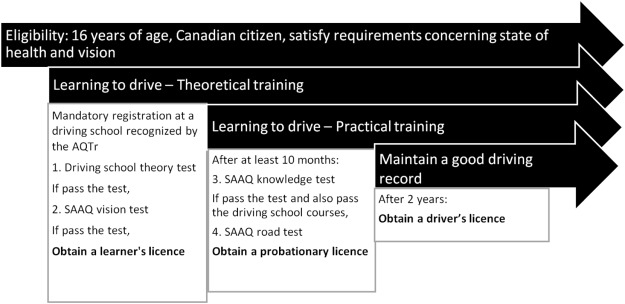With massive uncertainty affecting employees across the US, this podcast from XpertHR focuses on tangible ways to reduce stress with Forbes.com workplace contributor Dr. Tracy Brower. She also addresses how managers can help, including understanding mental illness under the Americans with Disabilities Act. Topics covered in this podcast address SDGs 3 and 8.
This book chapter advances SDG 3 and 10 by providing an overview of the mechanisms and factors likely to influence mental health and access to care of ethnic minority older adults.
This book chapter advances SDG 3 and 10 by reviewing specific applications of CPT in diverse populations and across cultures. This chapter provides a clinicians with guidance in applying this approach to the patients they may see in their own settings in order that they can all apply CPT in the most culturally sensitive way.
The health sector has an important role to play in terms of offering culturally appropriate and relevant care, tackling racism in the health care sector, improving engagement with Indigenous partners, and advocating for decolonizing policies that give control of health and wellness to the Indigenous people of Canada.
This book chapter advances SDG 3 and 10 by describing and discussing (1) the existing evidence examining associations between mental health and technology use including depression, anxiety, body dissatisfaction, attention-deficit disorders (and risks of distraction), and addictive behaviors and (2) the impacts of risky online communities on adolescents’ mental health, focusing on networks promoting proeating disorder behaviors and prosuicidality.
Introduction: Driving is an important activity for the social participation of young people with physical and cognitive disabilities. Learning to drive, however, presents difficulties for this population. Innovative services have been developed in the province of Québec, Canada, but the extent to which they are evidence-based is not known nor are optimal parameters for learning to drive.
Background: Sexual harassment of women in academic medicine may impede advancement and productivity. This study analyzes the longitudinal effects of sexual harassment on academic advancement and productivity among women. Methods: We undertook a longitudinal analysis to predict effects of sexual harassment reported in 1995 on career outcomes measured in 2012–13, among a sample of women in academic medicine (N = 1273) recruited from 24 U.S. medical schools.
Introduction: People with intellectual and developmental disabilities (IDD) including Autism Spectrum Disorders (ASD) often face serious transportation challenges that impede healthcare access, community participation, and employment opportunities. Travel training, which makes use of one-on-one instruction, may help people with IDD overcome transportation barriers. The purpose of this study was to examine the impact of a comprehensive travel training program on the travel skills of individuals with IDD.
Soil organic carbon (SOC) in croplands is a key property of soil quality for ensuring food security and agricultural sustainability, and also plays a central role in the global carbon (C) budget. When managed sustainably, soils may play a critical role in mitigating climate change by sequestering C and decreasing greenhouse gas emissions into the atmosphere. However, the magnitude and spatio-temporal patterns of global cropland SOC are far from well constrained due to high land surface heterogeneity, complicated mechanisms, and multiple influencing factors.
Elsevier,
An Introduction to Interdisciplinary Toxicology, From Molecules to Man, 2020, Pages 353-361
The water crisis in Flint, Michigan, a human made disaster of dire proportions, resulted in bacterial and lead contamination of predominantly African American and low-income residents. SDG 6 promotes to ensure availability and sustainable management of water and sanitation for all.

